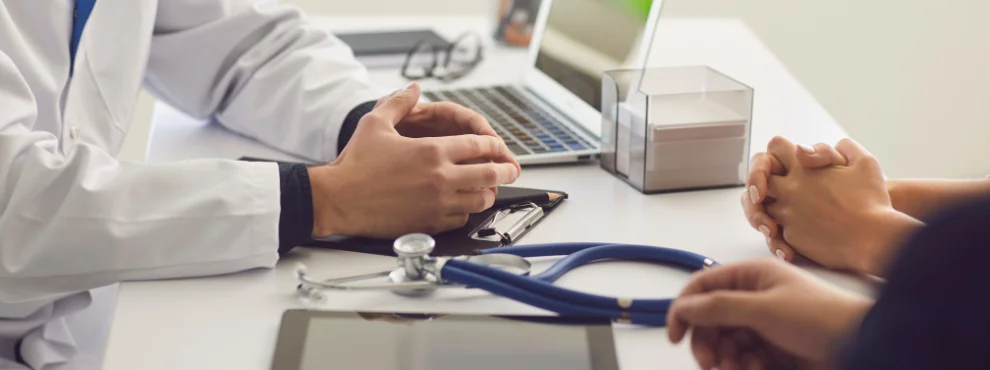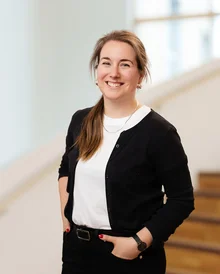Patient Safety Day (17 September): "Care is more important than infallibility"
Prof Dr Klaus Weckbecker from Witten/Herdecke University explains where risks lie in healthcare practice and what doctors and patients can do to mitigate them.

In 2024, Techniker Krankenkasse alone registered 6,431 suspected cases of treatment errors among its policyholders nationwide - more than ever before. Behind such figures are conflicts that often have to be resolved in court. Prof Dr Klaus Weckbecker, Head of the Institute of General Practice and Primary Care (iamag) at Witten/Herdecke University (UW/H), has been called in as a reviewer more than 100 times. In most cases, it is about compensation for alleged treatment errors, less often about investigations by the public prosecutor. "The courts want to know from me: Did the doctor act correctly - or not?" says Prof Weckbecker.
The number of proceedings is small compared to the millions of medical consultations. But the consequences can be serious - for patients, relatives and practitioners alike. It is often not just about money, but about questions such as: "Was the death of my loved one unavoidable or the result of an error?"
Where risks are particularly high
The general practitioner sees risk factors for wrong decisions in the emergency medical service in particular. This is where doctors encounter unknown patients with no previous history and no connection. One stumbling block, for example, is patients' hasty self-diagnoses: "Many come in and say: 'I have a urinary tract infection'. But it's not the diagnosis that matters, it's what the symptoms really are. A thorough medical history, good communication and clean documentation as well as a clear system are essential," he emphasises.
Not only doctors, but also patients can contribute to safety:
- Maintain long-term relationships with doctors. Familiar doctors can better categorise the course of a disease
- Take a companion with you to important appointments
- If in doubt, apply for a free review from the Medical Association
Courts as quality assurance
For Prof Dr Klaus Weckbecker, his work as a reviewer also has a positive aspect: "Lawsuits are the most extreme form of quality assurance. When courts uncover errors, this improves care in the long term."
However, not every misdiagnosis automatically means a treatment error. Some disease progressions are simply unpredictable - even a hundred years after it was first described, diagnosing appendicitis is still difficult. This is precisely why Prof Weckbecker considers procedures to be important: they separate the unavoidable from the missed.
In the end, it is not about infallibility. "The court does not expect doctors to never err - but to act prudently and according to the standard of the profession."
Photos for download
Contact person

Miriam Kreimeyer
Communications Officer
Administration | Communication & Marketing
Alfred-Herrhausen-Straße 48
58455 Witten
Room number: 2.F05
